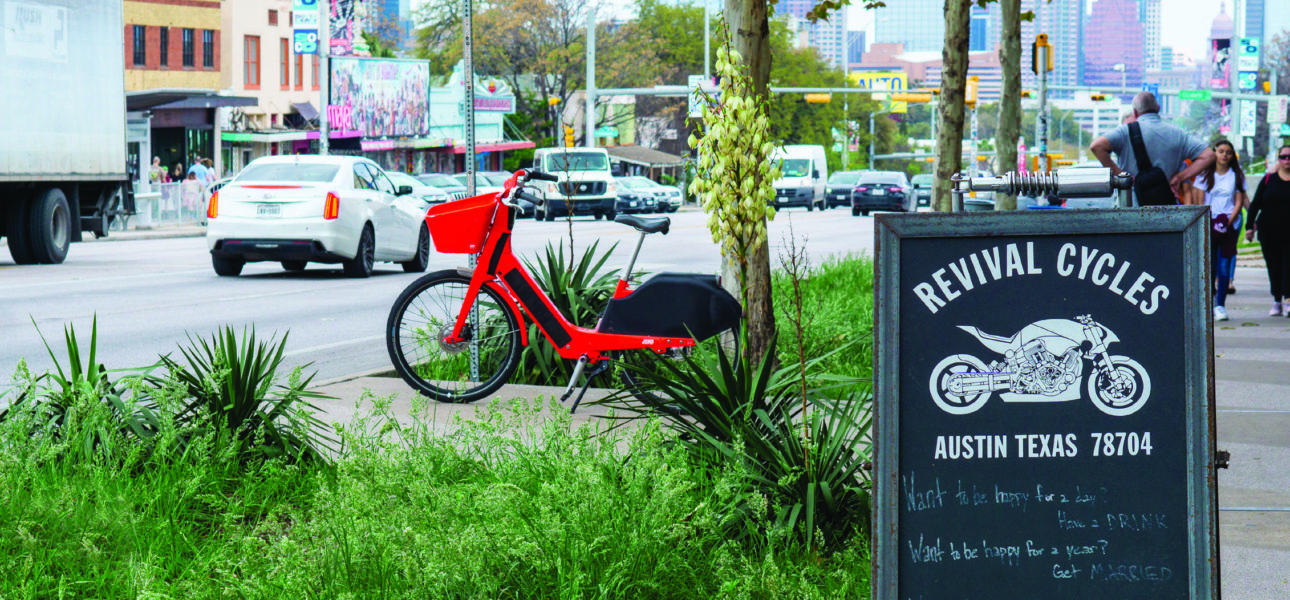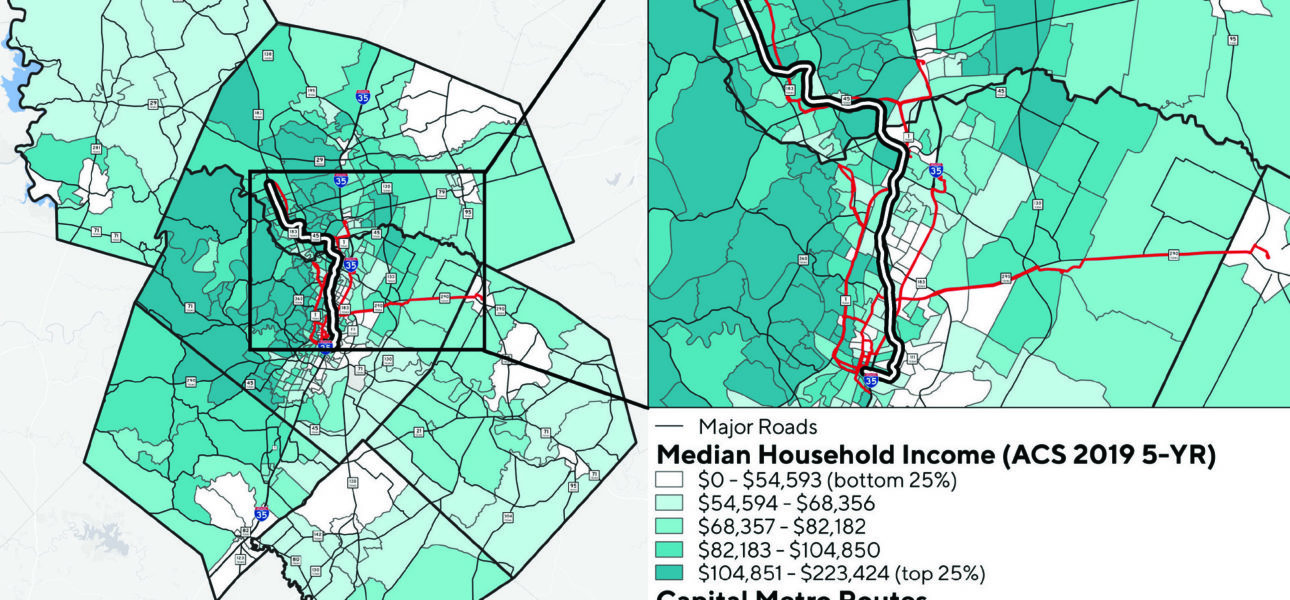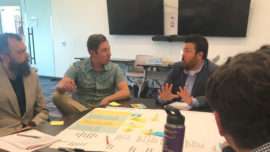The “CAMPO Regional TDM Program: Implementation Strategy” identified strategies that can be implemented in the Austin region to improve job access, help members of historically underserved communities get around, and reduce the environmental impacts associated with the transportation system.
Alta (formally UrbanTrans) led a team to help CAMPO, the Austin region’s MPO, design and implement a regional TDM program. While TDM programs within the region were being implemented by the city of Austin and a non-profit TMA, TDM was a new concept for many stakeholders. CAMPO hired the Alta team to help the agency implement more robust TDM strategies and improve regional coordination with an emphasis on expanding transportation options for historically underserved communities, using TDM to address all trip types–not just commutes, and improving the understanding of TDM program impacts.
In the first phase of our effort, we helped CAMPO undertake significant public outreach to update and define specific goals and outcomes for the regional program, understand what strategies stakeholders were most interested in seeing implemented, and better understand the context in which TDM programs would be delivered. The effort included discussions with a diverse group of transportation and social service providers, travelers, and employers; a regional survey of travelers; and close coordination with a CAMPO TDM coordinating committee. We also analyzed regional travel patterns, existing and planned transportation investments, and demographic data.
The collected data was used to develop strategies to reduce vehicle trips and improve mobility. We then worked with CAMPO and its stakeholders to develop an implementation framework that established how the regional TDM program would be delivered, what partnerships would be needed, and when and where the identified strategies should be implemented. This included an equity analysis to ensure that strategies are implemented in a way that benefits historically underserved communities and travelers with the most need.
In the second phase of the contract, we have provided program implementation assistance beginning with the establishment of a regional schoolpool program, tracking impacts, and next priority regional initiatives. Schoolpool implementation was a collaborative effort meant to address the problems with congestion at school drop-off and pick-up lines, lack of a school bus network, and road safety concerns around the schools. Our team met, discussed, and presented the schoolpool model to district leaders, local government officials, and school administrators. With guidance from CAMPO, schoolpool was implemented as a pilot project, focusing on charter/independent schools with known issues related to pupil transportation. Schools were offered a suite of services from the CAMPO schoolpool team which included marketing material, both digital and physical, a private online network environment where parents/guardians could match with others at the same school, and a dedicated staff person to answer questions from the community. The first pilot helped to enroll two Austin area schools with over 130 families registering on the platform willing to match and share transportation responsibilities.







